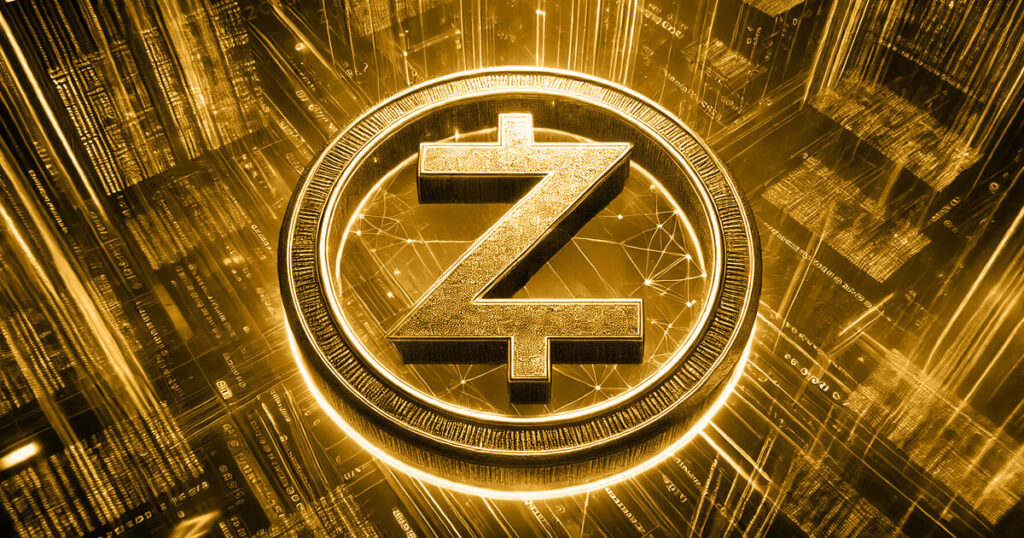
When some users think about crypto, they imagine trading without too many rules, especially regarding privacy. However, cryptocurrencies like Bitcoin and Ethereum don’t quite deliver the confidentiality that some might expect. Transactions are openly recorded on the Blockchain network, allowing anyone to access the complete financial history. Is this aspect truly significant, considering wallet addresses are merely strings of alphanumeric characters? While I don’t question the system’s high level of security, what many see as a drawback is that any user armed solely with a wallet address can track fund flows throughout the network.
A few crypto assets have emerged to enhance anonymity, known as privacy coins. You might wonder: why the insistence on total privacy if there’s nothing untoward going on? Even if users aren’t involved in shady dealings, worries about increasing government surveillance of financial transactions are valid. When paying with cash, there’s often no paper trail. Do you really need meticulous records of every single transaction? I highly doubt it.
“Humanity is like an ocean; if a few drops are dirty, the ocean does not become dirty”.
-Gandhi.
Assuming that seeking financial privacy equates to promoting illegal activities is an extremely radical stance, where emotion seems to override reason. Our magicians firmly believe in people’s ability to create and improve their lives… We don’t subscribe to a pessimistic view that assumes people always have malicious intentions.
Today, we’re diving into cryptocurrencies that offer enhanced privacy features, hiding certain transaction details like amounts or addresses. We’ll explore three examples:
Monero (XMR):

Released in 2014, Monero uses the Proof of Work (PoW) consensus algorithm. Their team proudly states their commitment to “providing the highest level of decentralization in both network security and code development”. Monero employs the Ring Confidential Transactions (RingCT) protocol to conceal transaction amounts. As of the time of writing, the project is valued at $121.51. According to information published on the project’s website:
“Monero’s development and research are conducted via global collaboration, and the project is carried out with utmost transparency. Each development decision is open to public discussion, and every major developer meeting is published online”.
Zcash (ZEC):

In 2016, Zcash emerged led by Zooko Wilcox-O’Hearn, a prominent figure in numerous online security and privacy initiatives. The project employs the PoW consensus algorithm and distinguishes itself with its zk-SNARKs (Zero-Knowledge Succinct Non-Interactive Argument of Knowledge) protocol, which enables transactions to be verified without disclosing information about the parties involved (Zcash allows for both private and public transactions). Currently, the project is valued at $23.20, according to CoinMarketCap data. As stated on the ZEC website:
“In Zcash, zero-knowlege proofs enable privacy. They ensure a person’s wallet balance and transaction history are accurate without revealing the actual balance and transaction history. So, if a person tries to send ZEC to someone else, for example, the Zcash blockchain network is assured that the ZEC being sent is authentic and that the sender’s balance will cover the transaction”.
Dash:

Formerly known as “Xcoin” and “Darkcoin”, Dash entered the market in early 2014. Created by Evan Duffield, it initially emerged as a Bitcoin codebase fork. Dash (DASH) uses PoS (Proof of Stake) and offers privacy features through its PrivateSend function (leveraging CoinJoin technology). This feature allows users to conduct anonymous transactions as desired. Additionally, the project features InstantSend, enabling immediate transactions. As of writing, Dash is priced at $30.31, according to CoinMarketCap // Click here to access a video on how PrivateSend works.
Privacy coins like Monero (XMR), Zcash (ZEC), and Dash (DASH) are a direct response to user concerns about government surveillance. They showcase how Blockchain technology can be tailored to enhance transaction confidentiality to varying degrees. In today’s digital age, privacy is a fundamental right, and it’s unjust to question it or label it as an excuse for illicit activities… Our wizards are dedicated to providing content emphasizing the importance of financial privacy.
Subscribe to the Purse.io Newsletter and make sure to follow us on social media. We’re actively working on Hamza, the first Web3-powered e-commerce platform driven by the Loadpipe protocol, so stay tuned for updates. Click here to access Hamza’s roadmap.
- anonymous transactions (1)
- Blockchain (92)
- coinjoin (1)
- crypto (24)
- cryptocurrency security (1)
- Dash (3)
- decentralization (22)
- digital age (1)
- financial confidentiality (1)
- financial privacy (1)
- gandhi quote (1)
- government surveillance (1)
- Hamza.biz (65)
- instant send (1)
- loadpipe protocol (26)
- monero (2)
- privacy coins (1)
- privacy cryptocurrencies (1)
- private send (1)
- private transactions (1)
- proof of stake (4)
- proof of work (4)
- public transactions (1)
- purse.io (27)
- ring confidential transactions (1)
- ringct (1)
- web3 e-commerce (5)
- zcash (1)
- zk-snarks (1)